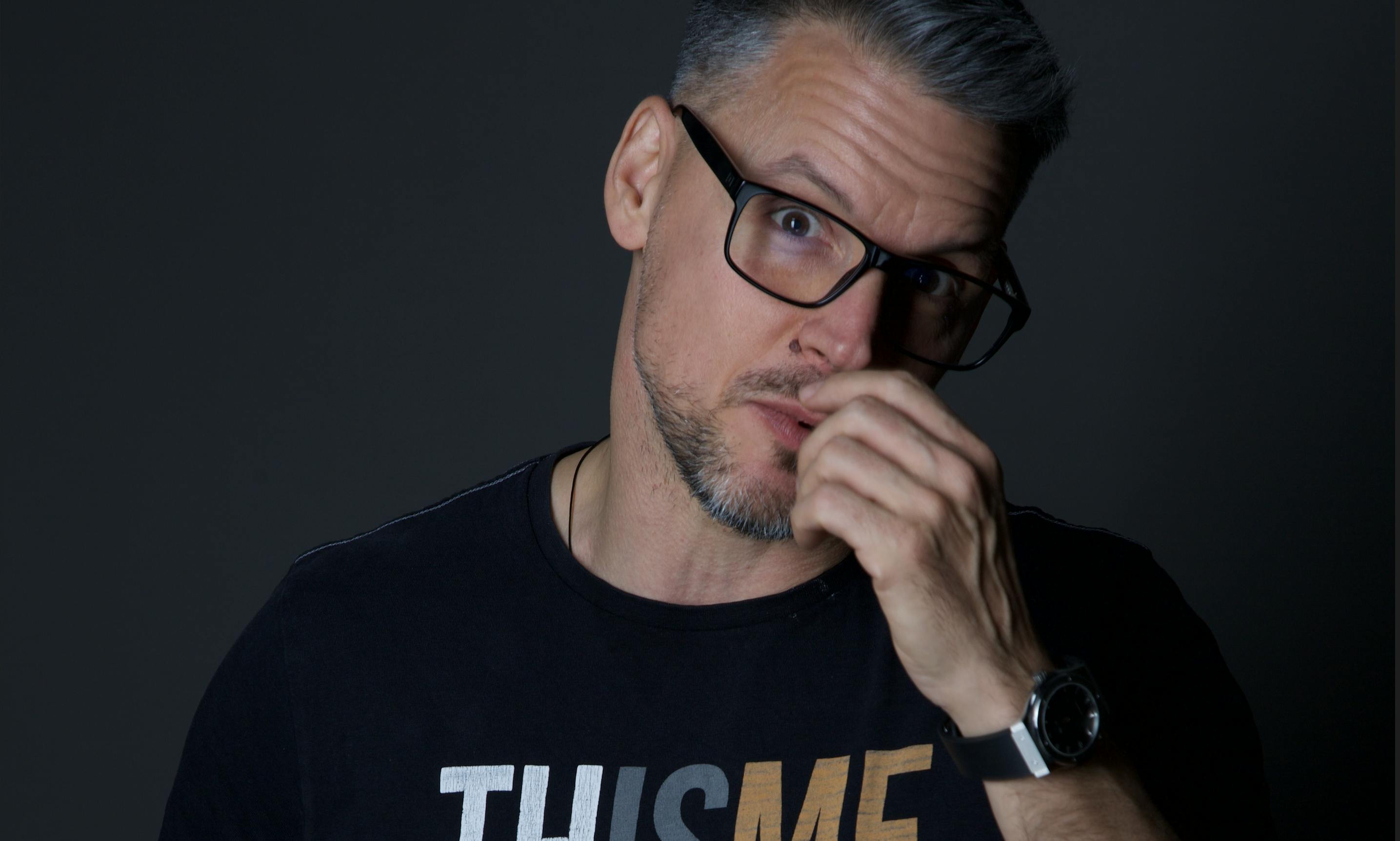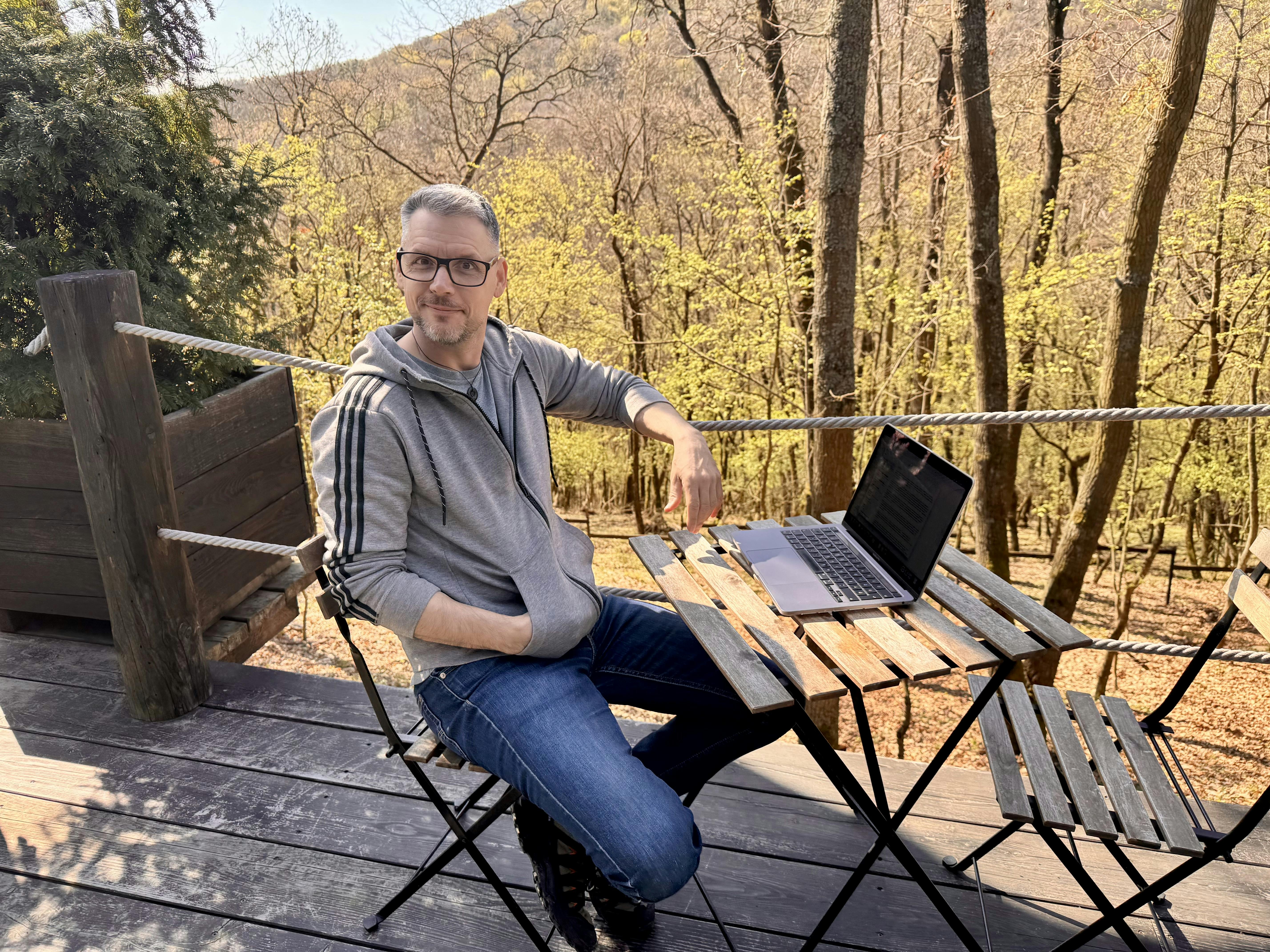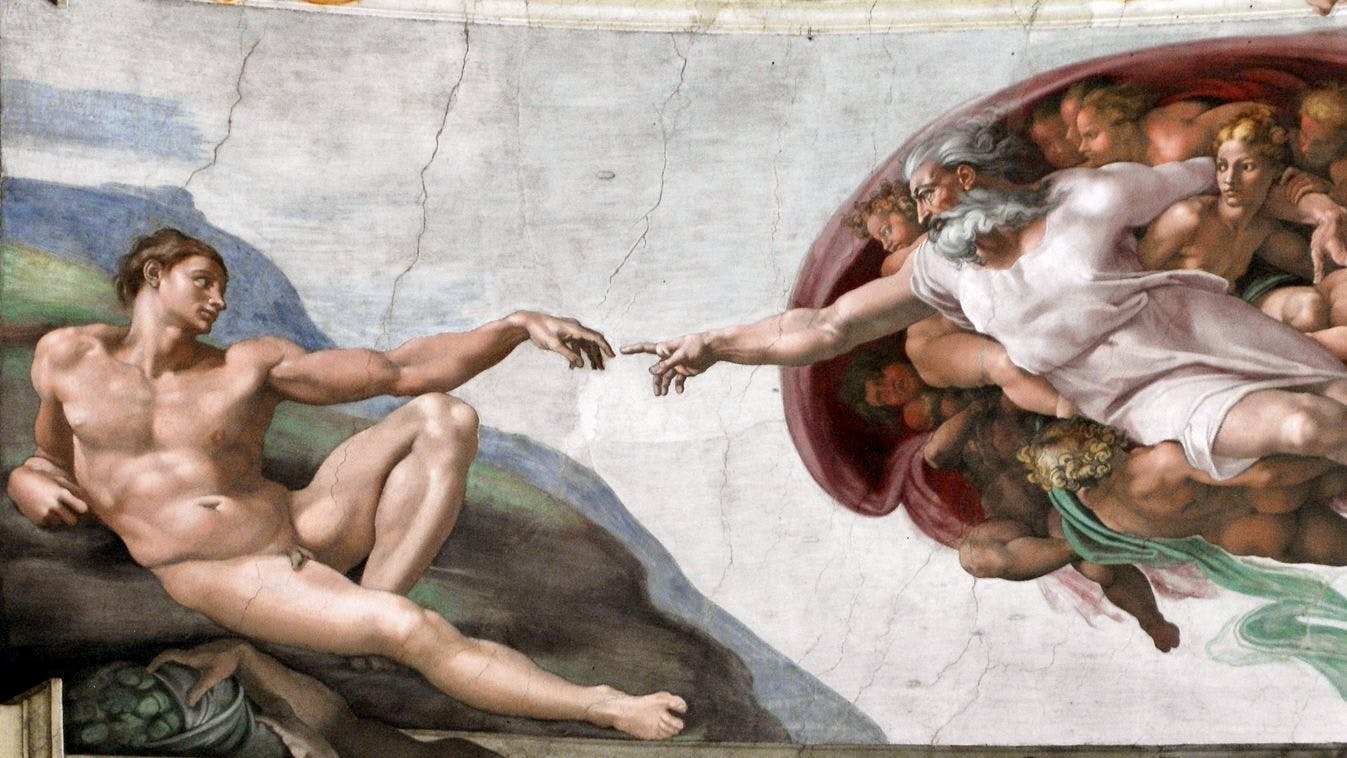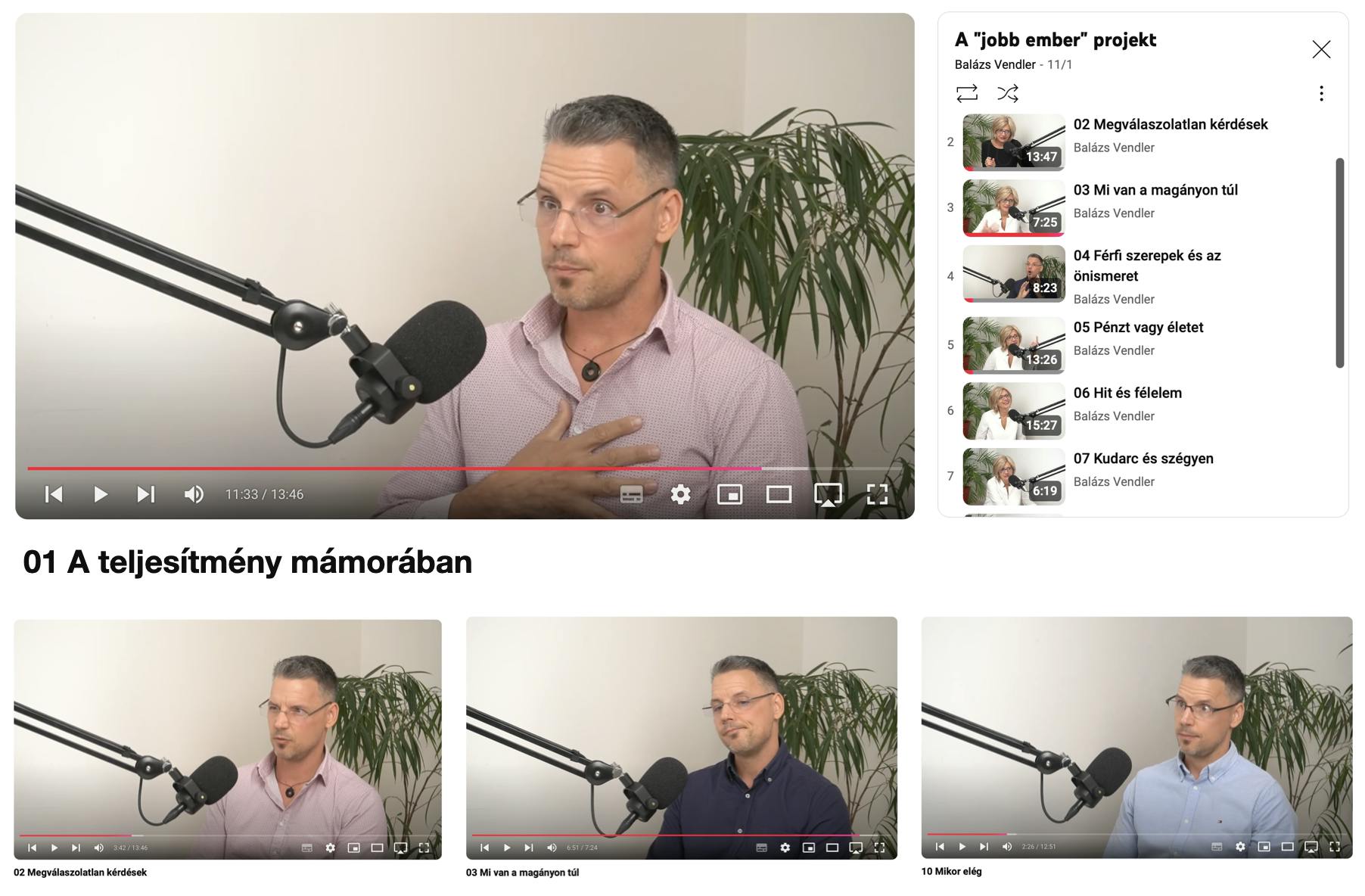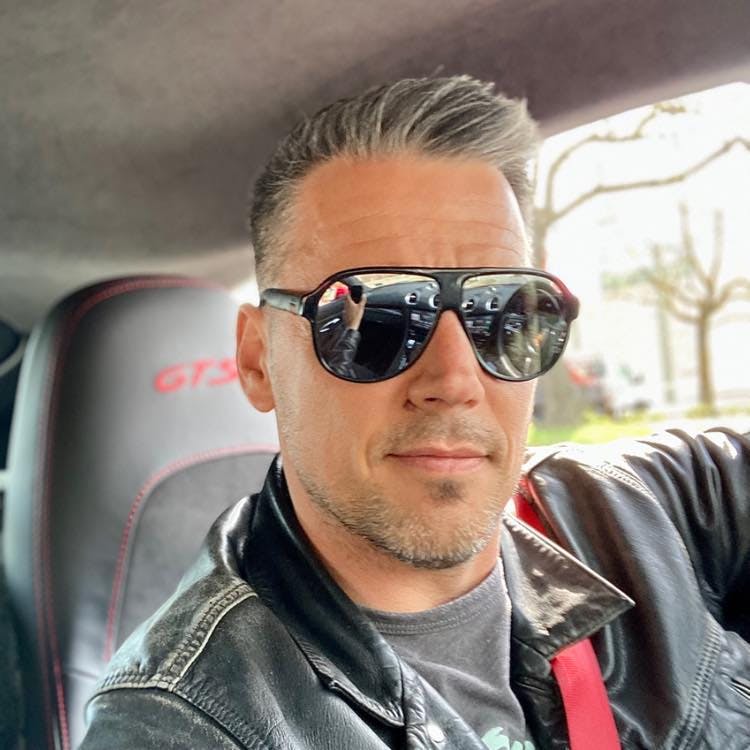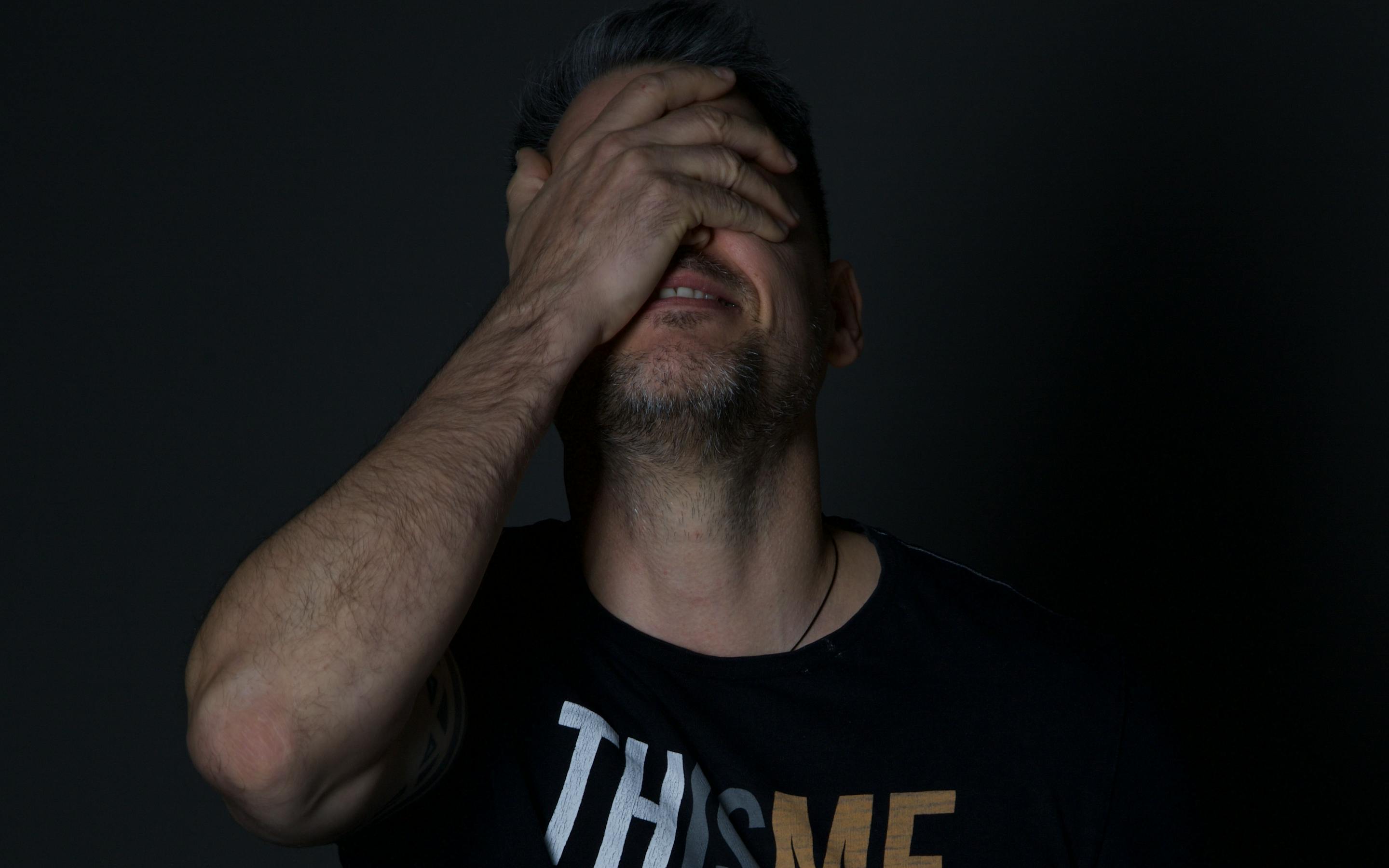
Inequality
2024.11.22.
We love inequality. We go to parties where there are already plenty of people. We choose restaurants where many tables are occupied. We buy brands that many others use or aspire to use. Our lives are full of such situations. We actively seek them out. Yet, at the same time, we claim that inequality is the root of all societal problems.
What would happen if it didn’t exist? How would it impact progress?
I believe the same principles that govern matter also influence our entire existence. Our world originated from inequality. The uneven distribution of hydrogen molecules created gravitational centers, where matter began to accumulate, attracting more and more material. This process became the engine of star formation, where hydrogen atoms fused to form helium, releasing immense amounts of energy. That energy powered systems.
Of course, there comes a day when these systems collapse, and the brilliant stars are destroyed. Then, the remnants of these dead stars start to regroup, forming a new star, with planets emerging from the surrounding debris. Under the right conditions, life appears on some of these planets…
From dust we were made, and to dust we shall return.
If there were no inequality in the world, there would be no life. You wouldn’t have to choose between iWiW and Facebook, and you wouldn’t be reading this article now.
So, if the universe fundamentally strives to increase entropy—to distribute energy and matter as evenly as possible—how does this coexist with the fact that matter clusters around gravitational centers? One force seeks to disperse matter, while another pulls it together. Perhaps the same happens in societies: human systems might function according to similar principles.
Somewhere deep inside, we sense that it would be good if power, wealth, opportunities, and resources were evenly distributed in the world. Perhaps this is the fundamental law of existence. But inequality acts like gravity, creating centers where wealth and power become increasingly concentrated. This concentration creates pressure, which leads to fusion, generating energy and radiating force. Meanwhile, the components strive for entropy, creating constant tension in the system.
Perhaps this is exactly what’s happening in our society and economy. The problem is that we are the components of this system, and the tension born of inequality weighs on us, causing immense pain and suffering. It’s possible that resources, particularly wealth, have concentrated so much in our world that this process can no longer be stopped. These centers, now possessing vast wealth, behave like black holes, absorbing everything that comes near them…
Could it be that our societies are born and die just like our solar systems?
Matter (power, wealth) accumulates, constantly transforming everything around it, releasing vast amounts of energy, which further fuels the process until it reaches a point where this transformation no longer produces anything. Instead, it drains energy. At some point, the swelling system collapses under its own weight. As the structure falls apart, some of its values scatter, some are destroyed—or rather, transformed. Ultimately, this creates a foundation for something new to emerge. In truth, perhaps the cycle simply restarts—the wheel of fate turns again.
Where are we today?
Does the system still have enough reserves to sustain itself, to avoid collapsing under the weight of accumulated power? Can it still produce, or is it merely siphoning off energy? And what will happen when it produces only enough energy to survive? Is survival enough?
There is immense tension within the system. This tension exerts continuous pressure on its components, forcing them to change, which in turn compels the system itself to evolve. But isn’t that how life works? Life is never static; it’s always changing, always seeking balance, yet always diverging from it. Perhaps this tension is the engine of life. It drives development and innovation.
And yes, intervention is possible… It just requires energy.
The opportunity is there. Or perhaps, the illusion of it.
--
The article was translated from Hungarian to English by ChatGPT. Thank you, ChatGPT, for being here.



